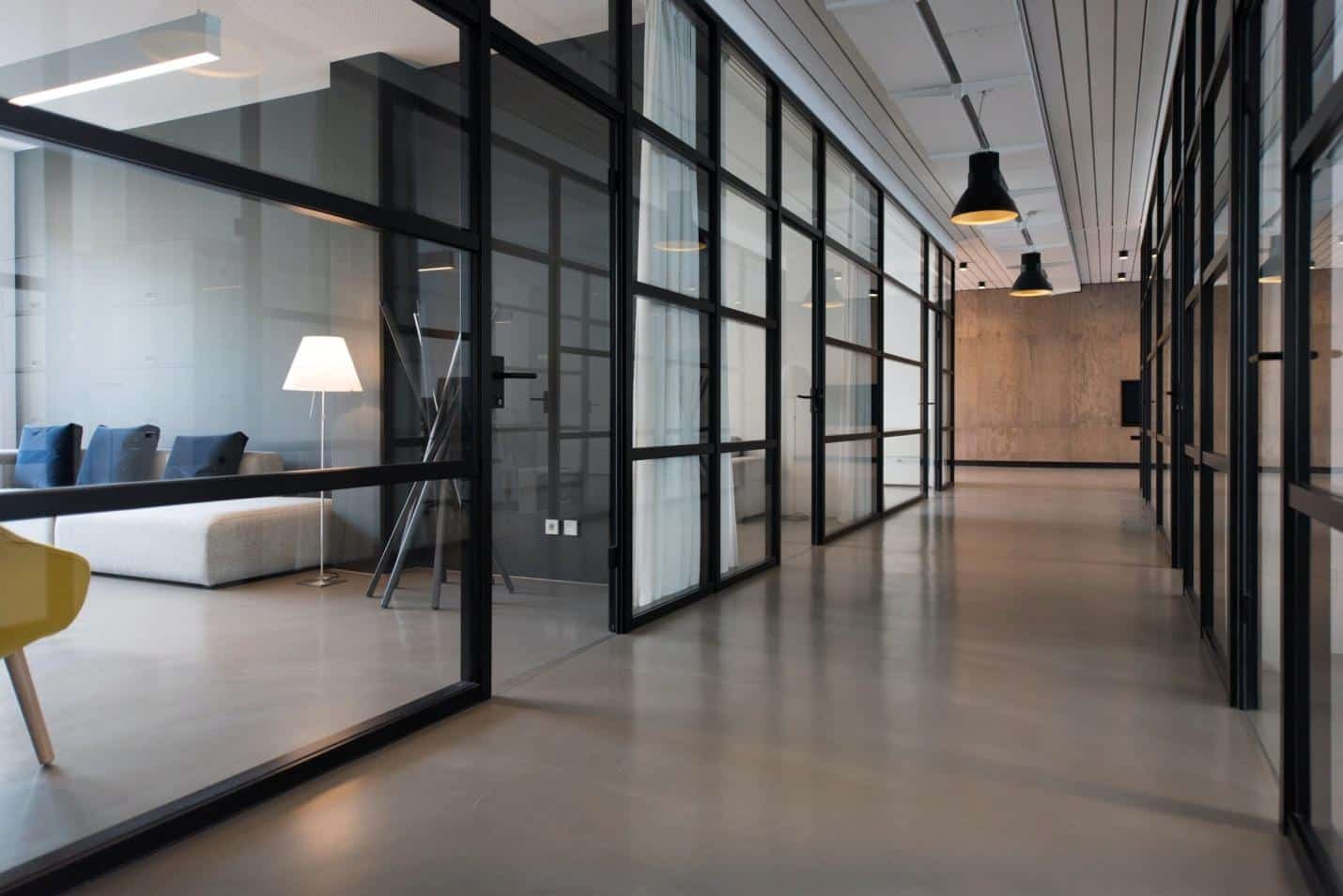Real estate investments extend beyond residential properties such as houses and apartment buildings. The commercial sector is rife with lucrative investment opportunities that promise high returns on investment, quicker value appreciation, and portfolio diversification. Corporate rental properties are among the most sought-after properties in these markets, as most business owners look to procure rental space to house and run their operations.
In this post, we’ll explain the pros and cons of buying corporate rental properties so you can make a more informed purchase decision.
Types of Corporate Rental Properties
If you’re new to the commercial real estate market, here are the most common types of corporate rental properties you can purchase:
1. Office Spaces
Office spaces are the most traditional form of corporate rentals. These spaces serve as workplaces for businesses and are often located in commercial buildings and centers.
2. Retail Spaces
Retail spaces are the go-to choice for brick-and-mortar businesses that attract walk-in customers. They range from small shops to strip malls and large shopping centers.
3. Industrial Properties
Many businesses rent industrial properties like warehouses, distribution centers, and manufacturing facilities while keeping their corporate headquarters separate.
4. Co-Working Spaces
Co-working spaces have become popular in recent years, especially during the pandemic, which gave rise to remote work. These properties cater to freelancers and businesses looking to share space and reduce their overhead costs.
5. Hospitality Properties
Hospitality properties, such as corporate apartments or bungalows, offer accommodation to business travelers, expats, and employees working in a specific area.
Pros and Cons of Buying Corporate Rental Properties
Pros
1. Stable Income Streams
Corporate tenants often sign long-term leases, providing stable income streams for property owners. This predictability is particularly appealing to investors seeking financial security.
2. Professional Tenant Base
Businesses are generally reliable tenants, and leasing to corporate clients means dealing with professional organizations that prioritize maintaining a suitable workplace.
3. Higher Rental Rates
Corporate rental properties command higher rental rates than residential properties. Moreover, many businesses are willing to pay a premium for well-equipped and conveniently located spaces.
4. Lower Turnover
Corporate tenants usually prefer stable, long-term arrangements. This leads to lower tenant turnover, reducing the expenses associated with frequent vacancies and tenant searches.
5. Property Maintenance
To ensure a positive work environment, many corporate tenants handle property maintenance and repairs. This can alleviate the landlord’s responsibility for day-to-day upkeep.
Cons
1. Complex Lease Agreements
Lease agreements for corporate rental properties can be complex and tailored to the unique needs of businesses. Understanding and managing these agreements may require legal expertise.
2. Market Sensitivity
The commercial real estate market is sensitive to economic shifts. Recessions or market downturns can lead to reduced demand for corporate rental properties.
3. Vacation Risks
While corporate tenants offer stability, vacancies in corporate properties can be challenging to fill. Finding a suitable business tenant may take time, affecting rental income.
Wrapping Up
Investing in corporate rental properties comes with unique benefits and challenges. Stable income streams, a professional tenant base, and higher rental rates make this sector appealing, while complex lease agreements and market sensitivity require careful consideration.
As you explore the corporate rental property market, understanding the nuances of each property type and the local market is essential. With a clear strategy and an eye for market trends, you can leverage the benefits and mitigate the drawbacks, making corporate rental properties a valuable addition to your real estate investment portfolio.
For more insights on corporate rental properties, visit CHRE. You can also explore our property catalog for commercial rental spaces in the Rio Grande Valley.






Leave A Comment